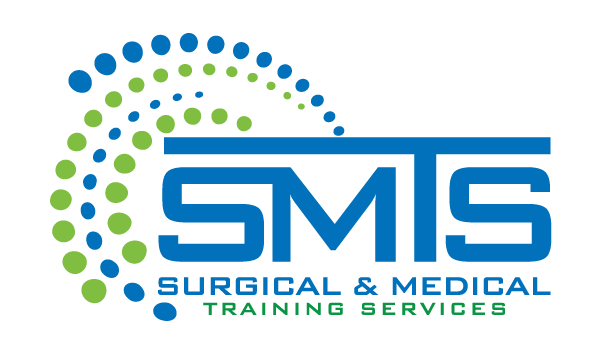The value of anatomy as an integral aspect of medical science and education has been understood for aeons. The anatomical structure of the human body, in particular, is foundational to the retention of clinical knowledge. This is as true for nurses and first responders as it is for medical doctors and surgeons. It is also true for those who develop medical devices and instrumentation. For many years, medical institutions have supported academic development by teaching anatomy and physiology. Many medical students can remember the first time they set foot in the cadaver lab. However, as times and technologies have changed, education as it pertains to anatomy has shifted into the virtual realm.
The argument regarding the continued validity of real-life, hands-on cadaver training has gone on for years now. Respectfully, we maintain our stance that anything less than cadaver training is lacking in giving a medical professional or first responder the skills to face what they will be exposed to on the job. Cadaver training isn’t just about anatomy and physiology. It is about gaining the visual and tactile experience of various anatomical structures. It is about exposure to the natural variables that exist in the human body. Ultimately, cadaver training is more than a conceptual experience, it is one that involves mind, body, and emotion.
ADDITIONAL ASPECTS OF CLINICAL WORK
While anatomy is an important aspect of clinical practice, the involvement of emotional and psychological responses on the job cannot be overlooked. These responses exist even in the educational sector in which students enter the cadaver lab. Numerous students have written of the emotional response they have had in the lab. Between 5 and 7 percent of cadaver lab participants have reported experiencing recurrent images of their cadaver specimen, some intrusive, after their time in the laboratory. This isn’t necessarily a bad thing.
Studies in cognitive and educational psychology suggest that our individual learning and performance capacity is directly affected by emotions. Medical professionals and first responders are expected to provide critical levels of care and also to manage the emotional impact of patient interactions. Having exposure to human cadaver tissue can help build the resilience that is needed to be present in stressful medical situations.
SMTS – Surgical & Medical Training Services is proud to be at the forefront of medical training. To learn more about our nationwide mobile labs and livestream events, contact us at (888) 801-9444.

